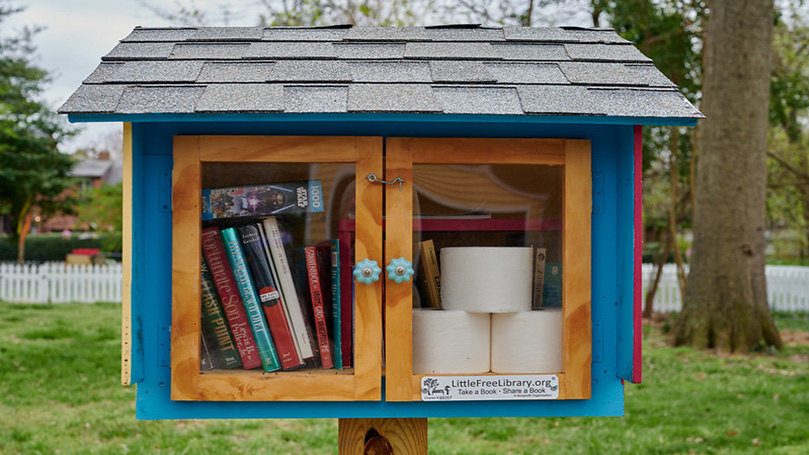
I live in a low- to middle-income neighborhood in Prince William County, Virginia, a Washington D.C. exurb. This is a majority-minority working-class area; almost all my neighbors are African American or Central American, with many adults being first-generation immigrants from El Salvador, Honduras, or Guatemala. Of these, a large number are undocumented.
I have not seen job statistics for this specific area, but from knowing people in the neighborhood, I would guess that the major employment categories would include the following: construction and remodeling; gardening and landscaping; cleaning houses and offices; home health care, in people’s houses or in retirement homes and the like; child care (with some taking care of other people’s small children in their own homes); beauty salons and other personal-care businesses; ride sharing work and other gigs in the “gig economy”; food service jobs: cooks, waitstaff, dishwashers, bartenders, cleaning staff, cashiers; jobs in retail enterprises including department stores (Walmart, Target, Kohl’s, etc.), supermarkets, and small businesses; and auto repair.
Nearly all these jobs feature high levels of face-to-face contact. They are also mostly low paid, and hardly anybody has labor union protection. In the whole state of Virginia, only 4.2% of wage and salaried workers are union members. People live paycheck to paycheck, often struggling hard to cover their basic living expenses (while rents keep rising). Though some are covered by Medicare, Medicaid, or the ACA, many have no health insurance options at all. Among families I know, there is, or has been, a pattern of going all the way down to El Salvador to get routine health-care services there, where it is far cheaper than in the United States. Trump’s immigration policies are making this harder, because many people don’t know if they will be able to return to their families in the United States if they travel abroad.
The state of Virginia and county and local governments have been putting out a lot of messages with good advice on how to keep safe in the coronavirus pandemic. But people like my neighbors have an especially hard time making use of this good advice. If you are living paycheck to paycheck and you are not entitled to paid sick leave, how can you just stay home and not go to work?
So how is my area doing in terms of preventing the spread of the pandemic?
Not too well, I’m afraid. So far, as of Friday March 20, there are 114 diagnosed cases in Virginia, and 12 in Prince William County. Whether there are any in my immediate neighborhood, I don’t know. Virginia’s governor, Ralph Northam, has only issued advisories on how to prevent the spread of the virus, not draconian orders as yet.
Today I drove around the area to see to what degree merchants and the public are obeying the advisories. In general it appears that in my neighborhood at least, the more expensive restaurants are at least closed for in-house dining, with some displaying signs indicating that they are open for take-out and deliveries. Fast-food places are still open, and nobody working there is wearing protective equipment such as surgical gloves, let alone face masks.
This is at least better compliance than in the wealthier DC suburb of Alexandria, Virginia, where, so far, many restaurants have been staying open to rake in money from the upscale clientele.
Yesterday I had to go to the supermarket to stock up on food and cleaning supplies for the duration. The shelves were empty of many things, including bottled water. I had the option of two checkout lines to use. In one, the cashier had surgical gloves on; in the other she did not. I went to the first one.
The casual attitude toward taking elementary precautions in an epidemic is a disaster waiting to happen. But the bigger disaster is the fact that so many low-income workers who do essential human contact work have no protections, and this means that the public with whom they come in contact is completely unprotected also. It is not just a matter of no face masks and no sick pay; it is also the product of no union protection. With strong unions, these workers could effectively demand paid sick leave. But we don’t have that where I live.
I have been involved in the struggle for the rights of immigrants, including those who are denied legal status, since the beginning of the 1970s. Progress in these struggles has been glacially slow at the best of times, but since the election of Trump, there have been horrifying reverses, which now impact everybody in neighborhoods like mine in a very dangerous way.
Maximum solidarity is the only answer. There are few grassroots organizations in my area, but perhaps this crisis will lead to their multiplication and strengthening.
Image: Ronnie Pitman, Creative Commons (BY-NC 2.0).


 Join Now
Join Now